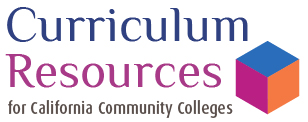Faculty want and need the opportunity to experiment with new curricula and one way to do this is to create special topics courses. Often these types of courses are grouped together under the same title as either experimental or special topics, but the titles usually refer to two separate types of courses. Local district policy and practice has shaped the way local curriculum committees manage these two types of courses; Title 5 does not define either type of course. The curriculum committee should be sure to develop guidelines for developing these courses, including a rationale for the creation and offering of the experimental or special topics course.
Experimental courses are those where curriculum is new and under development, and faculty want to offer the course while it’s under development in order to gauge the need or determine feasibility of the course. The Senate has more information about experimental courses in the Rostrum. Curriculum committees are encouraged to approve experimental courses for a limited time of one year with the expectation that the faculty should be able to make a determination on the fate of the course within that year. If the course is indeed necessary and feasible, then the faculty can be encouraged to submit the course for approval as a regular course.
A special topics course is one which has a consistent disciplinary framework and where the content of the course changes each time it is offered. An example of a special topics course is a current events course. Because the course must be assigned to a discipline, the special topics area(s) should be defined in the Course Outline of Record, such as political science. The topics to be included in the course each term should be approved by the curriculum committee at some point. The approval may be handled as a consent agenda or information item. The Senate’s paper, Good Practices for Course Approval Process has more information.

